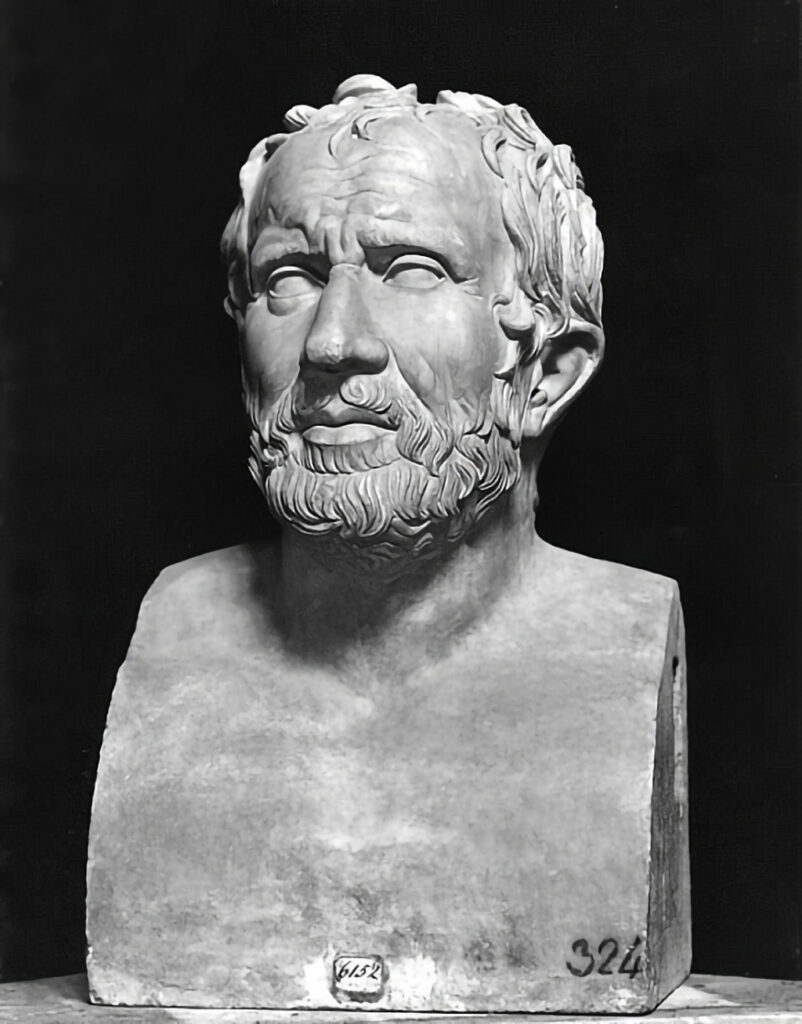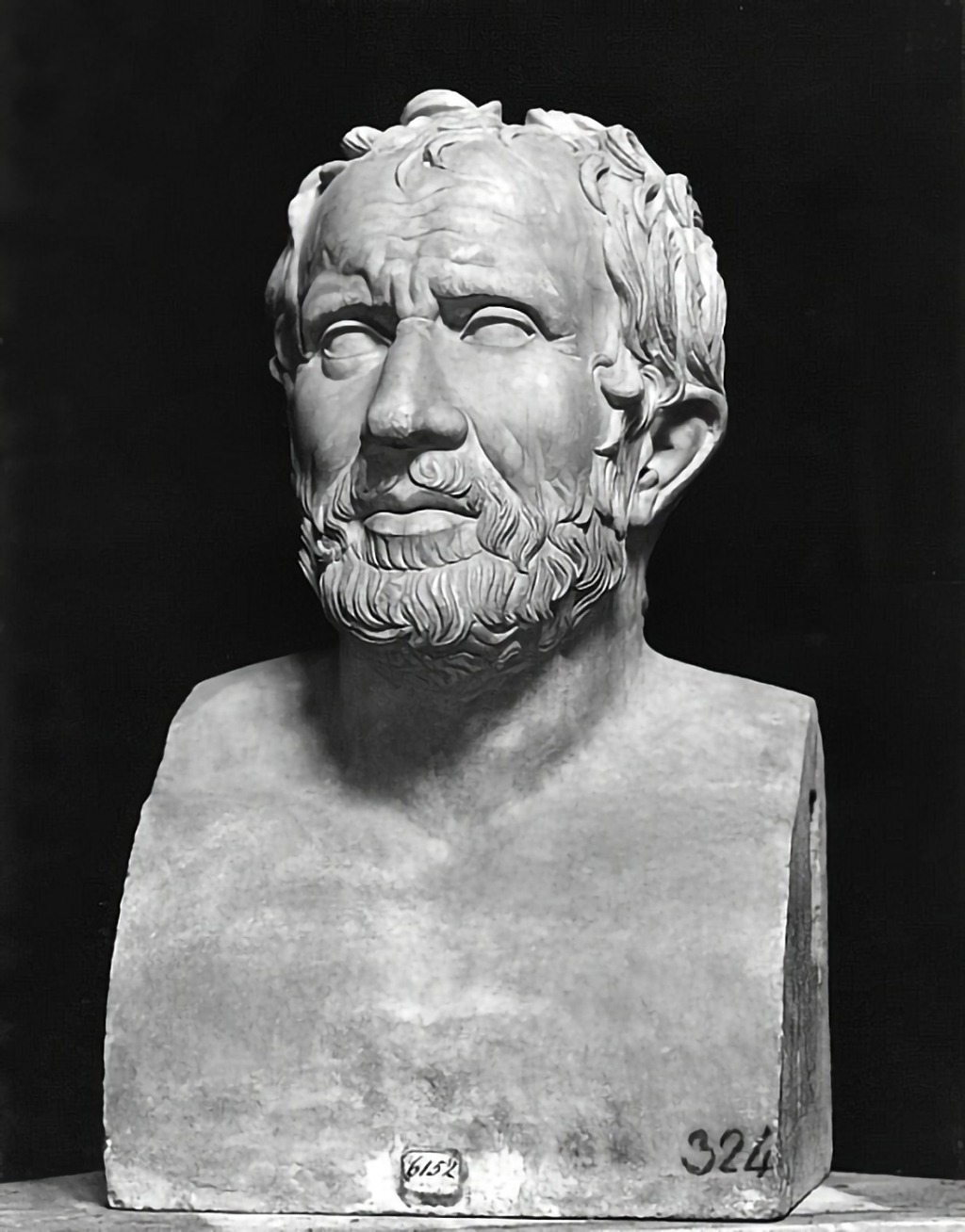
Hmongs And Native Americans: Life Is Living in Agreement with Nature
Living in Harmony with Nature: Lessons from Zeno, Hmong, and Native American Cultures
Discover the timeless wisdom of Zeno’s quote, “The goal of life is living in agreement with nature,” and explore its connection to the harmonious lifestyles of Hmong and Native American cultures.

The Goal of Life Is Living in Agreement with Nature
Philosophical wisdom often transcends time, offering insights that resonate across cultures and eras. Zeno of Citium, a Greek philosopher (335–264 BC) and founder of Stoicism, once said, “The goal of life is living in agreement with nature.” This profound statement continues to inspire and align with the values of many cultures, including the Hmong and Native American communities.
Understanding Zeno’s Philosophy
Zeno’s philosophy emphasizes harmony with the natural world, urging individuals to live in alignment with their environment and inner selves. Stoicism teaches self-discipline, mindfulness, and a deep respect for nature — principles that resonate with the traditions of indigenous cultures worldwide.
Cultural Parallels: Hmong and Native Americans
The lifestyles of Hmong and Native American people provide vivid examples of living in agreement with nature:
- Hmong Practices: Rooted in animism, the Hmong honor spirits within nature through rituals, offerings, and harmonious living. Their agricultural traditions are sustainable, reflecting deep respect for the earth.
- Native American Traditions: Many Native American tribes regard nature as sacred, emphasizing balance, stewardship, and interconnectedness. Through ceremonies, dances, and spiritual practices, they celebrate the life force within every aspect of nature.
A Shared Legacy of Wisdom
The quote by Zeno highlights a universal truth embraced by cultures that prioritize harmony with the environment. From Hmong shamanic rituals to Native American reverence for the land, their practices serve as reminders of the wisdom in reconnecting with the earth.
Conclusion
Zeno’s timeless words encourage us to reflect on our relationship with nature. By looking to the philosophies and practices of cultures like the Hmong and Native Americans, we can rediscover the essence of living in agreement with nature and foster a more harmonious existence.
Read more about how ancient wisdom continues to inspire modern lives and cultures.
References and Further Reading
- Quotation Details | Quotation #24279 from Classic Quotes: | Www.Quotationspage.Com | The goal of life is living in agreement with nature.





Responses